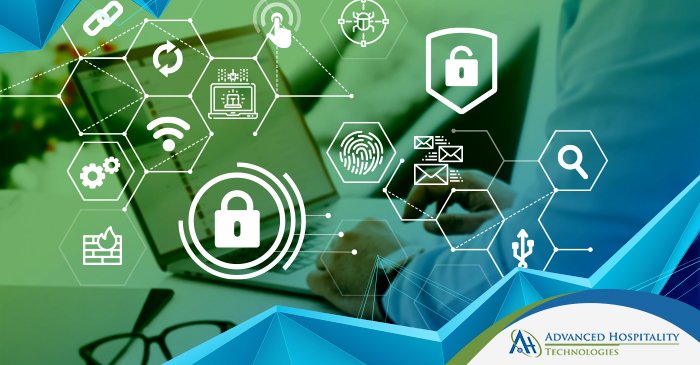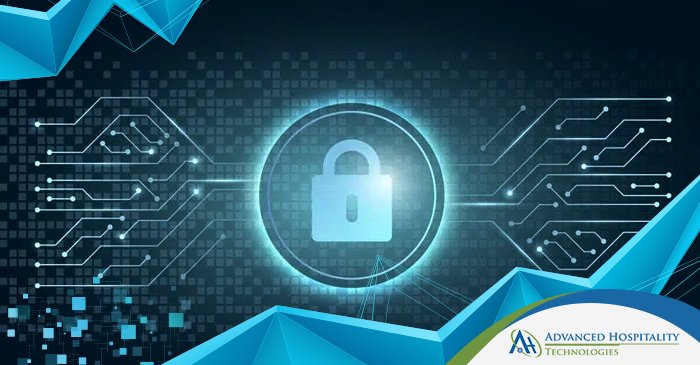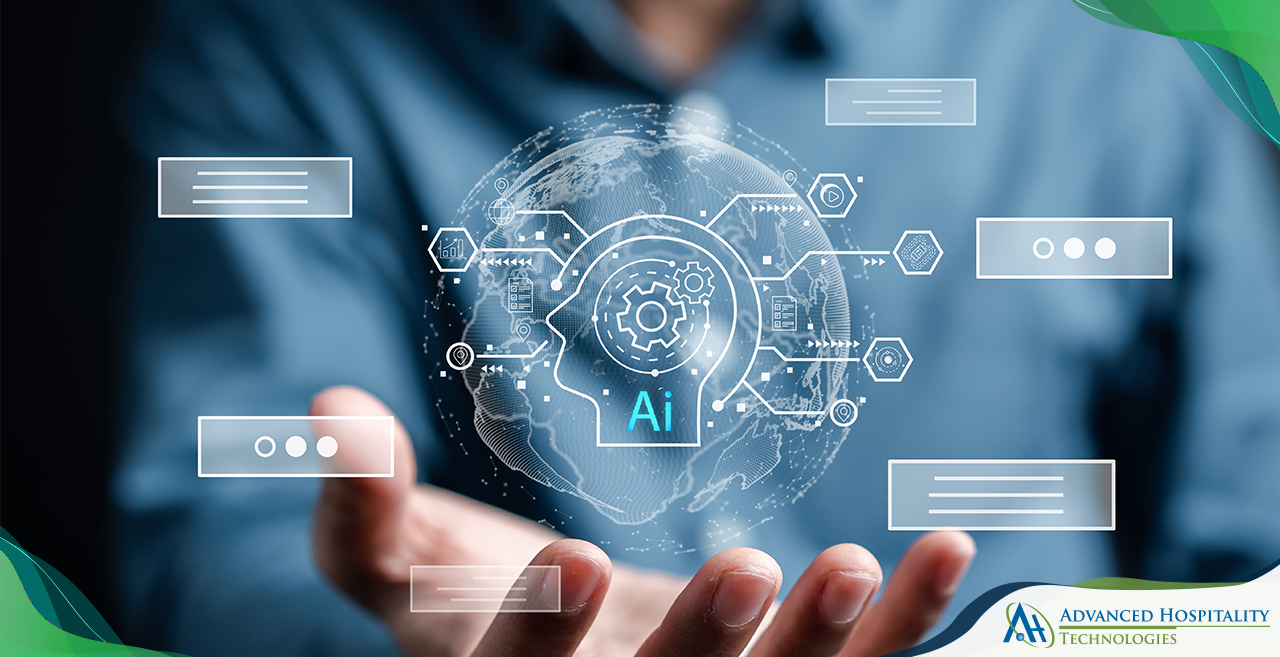Great uncertainty remains over jow exactly the US government seeks to combat the COVID19 pandemic, with economic activity slowly moving into lockdown. Rising unemployment numbers have already alarmed companies to find alternative solutions for business continuity. A number of organizations, with tech firms leading, have started to encourage employees to shift to remote work.
At this time of confusion, remote workers have also been warned by the FBI and business research companies to ensure they have highly sophisticated cybersecurity measures in place.
Cybersecurity remains a complex field for hoteliers and hospitality staff. With the risk & responsibility of hosting critical user data quadrupling over the past 3 years for hotels, hoteliers are beginning to understand their own device & home cybersecurity.
Today, we will quickly overview three recommended cybersecurity tools to ensure your remote workers are secure when accessing the company network from different locations.
3 Tools to Secure Your Remote Workers Amid COVID19 Lockdowns
There are a variety of tools available for hotels & hospitality companies to secure their assets, staff, and guests. A great idea is to take assistance from your hospitality technology management provider on the different tools available to protect remote staff.
Threat Detection & Protection
The most basic cybersecurity tool, a corporate antivirus & internet security suite is one of the most basic cybersecurity tools designed for almost every device being manufactured on earth.
A threat detection & protection system generally offers a selection of built-in tools including:
- Antivirus scan & monitoring
- Internet firewall
- Network packet filtering
- Email filtering & protection
- Malicious Apps & Malware Detection
Having a threat detection & protection suite is simply a necessity for every modern digital device. These suites can be made available for multiple users for larger organizations, while limited user services are also available by most providers.
Get in touch with one of AHT’s cybersecurity team now to find out more about securing your remote workers.
Firewalls
Firewalls remain the most integral aspect of any organization’s cybersecurity framework, they are technically the first line of defense. According to Stanford University’s definition:
“Corporate Firewall software monitors, restricts, regulates network connections and communications, on the perimeter of a private network with a public network. Often firewalls are used within organizations to partition traffic or data flows based on a categorization of information risk.”
Firewalling.com discusses some of the best features that a top-tier firewall in their very informative blog:
1.Device Level Access Control
- Prevent Smart TVs from phoning home and spying on you.
- Block certain devices from receiving updates such as firmware.
- Prevent gaming consoles from connecting on the internet.
2. User Level Access Control
- Block certain computers, phones, or tablets from accessing certain websites based on content, or block the entire internet from those devices.
- Prevent access to the internet during certain times of day, such as after bedtime.
- Limit the amount of total time or data individual users can consume.
3. Internal Network Control
- Prevent unknown devices on your network from accessing the internet. Very useful if you have an open Wi-Fi network.
- Protect shared printers from unauthorized access.
- Limit data usage of all devices on your network.
4. Content Filtering
- Restrict adult, illegal, or illicit content either on your entire network or by the device.
- Block social networks based on the time of day or device used.
- Prevent streaming content such as videos.
5. Logging and Alerting
- Log all activity or only blocked activity for viewing later.
- Send immediate alerts to your phone when an action is attempted and blocked.
6. Time of Day Restrictions
- Disable any or all services during defined time windows.
- Limit internet access time by individual or device.
AHT Inc. partners with some of the leading firewall vendors in the world, allowing us to deliver you solutions based on your hotel size, roster size, and guest demographics. Talk to one of our team members today to know more about firewall technology for organizations.
VPN Service
A Virtual Private Network or VPN is a trusted cybersecurity & privacy tool, primarily because it encrypts all data transfers & communications making it impossible for breaches to occur. VPN services have been in use well before the 2000s, developed as early as 1996 by a Microsoft engineer.
A VPN by definition creates a secure tunnel (like an invisibility cloak) over your home network. This tunnel is protected by 256bit encryption (industry standard), making it practically impossible for even 20 humans to hack, unless they have 1 million years to do so.
A VPN server can be based in the same country or can route traffic through a foreign-based server, for instance in Canada. This replaces the remote worker’s IP Address, allowing them to browse work through an encrypted tunnel with a completely new digital identity, unknown to cybercriminals.
Their complexity and security have been enhanced over time with better connectivity, faster data transfers, and more reliable privacy. Providers also develop intuitive apps for mobile, PC, and other devices to ensure a completely secured user.
AHT Inc. has been offering VPN and remote connectivity solutions for well over a decade. We understand the critical nature of hotel data and, the cybersecurity of its guests and staff. Our exclusive remote connectivity solution is a custom engineered solution to ensure your staff is secured, their activities are private, and their home networks are not accessible to brute force attacks.
Bonus Tip – Two-Step Verification
An additional measure that companies can enact on their digital resources and databases is the use of two-factor authentication. We are already well aware of these verifications in our daily life on the internet with social networks, email services, and entertainment services.
Through two-factor verification, a user secures their remote access to company resources with a password and a code delivered to their smartphone. The Google Authenticator app is one of the most popular two-step identifiers used today.
Conclusion
I hope you enjoyed this edition of our blog.
For more interesting reads, guides, news, and opinions remember to subscribe to our newsletter. We wish all our readers the best of health, and a reminder to stay home, stay safe.
Our warmest gratitude & resolute support goes out to all the medical personnel involved in fighting the COVID19 infection. Until next time, see you again soon.
Advanced Hospitality Technologies is a leader in Hospitality Technologies. We have an award winning benchmark for providing affordable, reliable and most advanced hospitality Technology Solutions.



